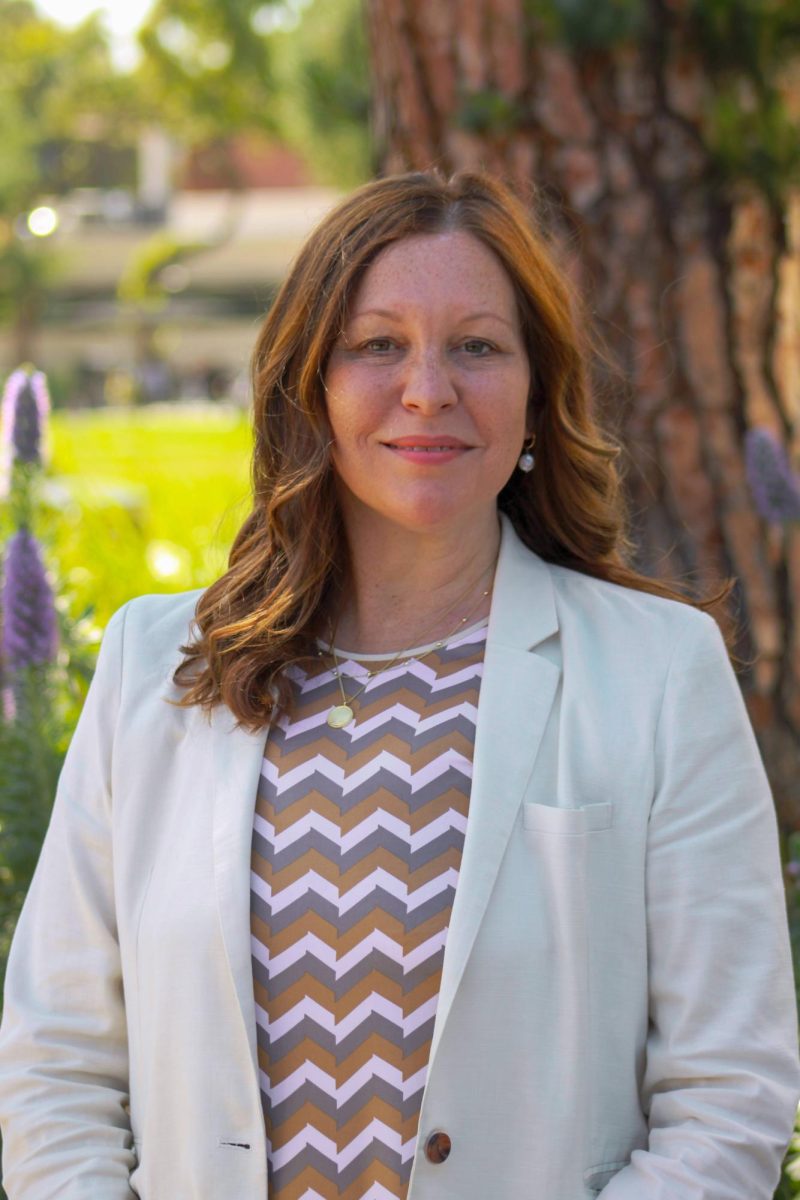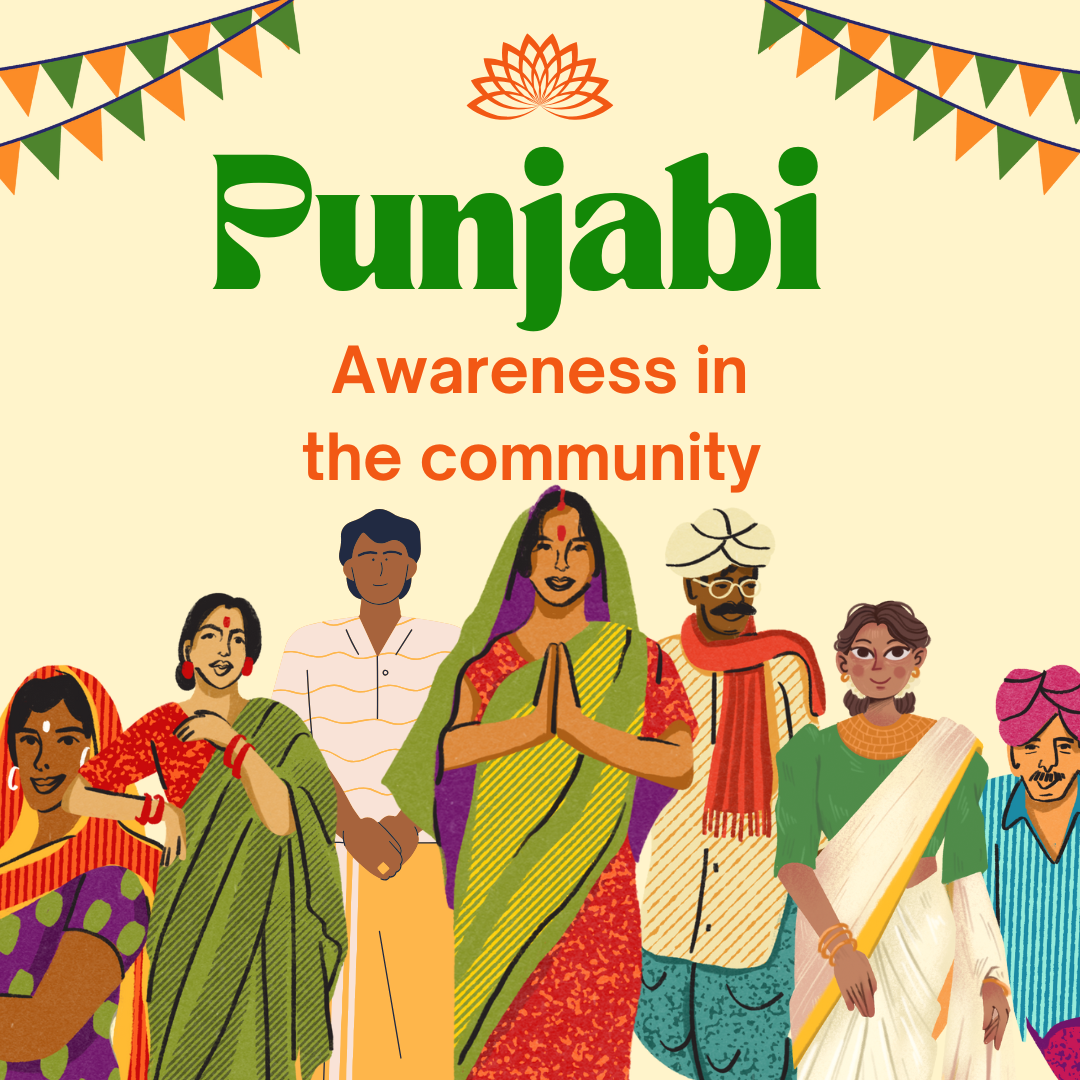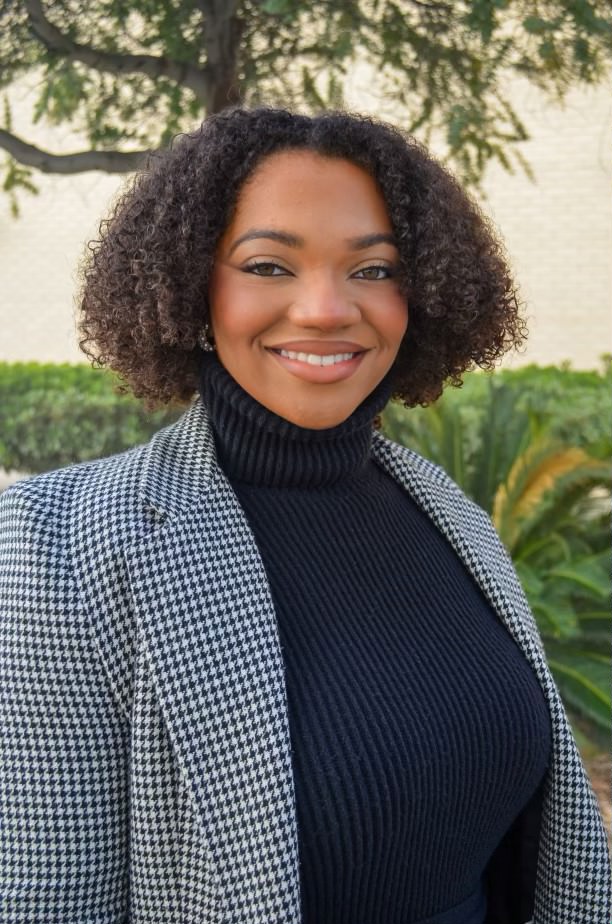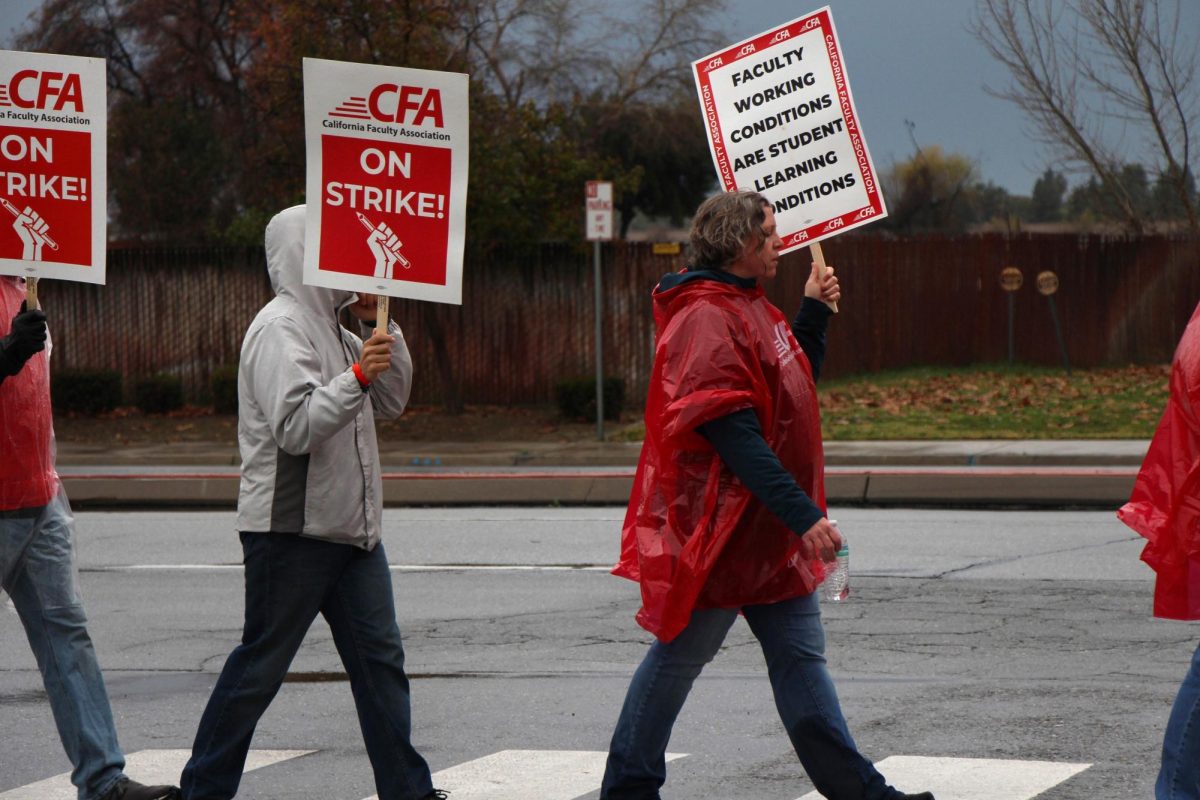By Julie Mana-Ay
News Editor
From Los Angeles, to Chicago, to New York, protesters crowded airports chanting “Let them in” while waving signs arguing against one of President Donald Trump’s executive orders on Jan. 27.
Trump’s order indefinitely banned refugees from 7 different predominantly Muslim countries like Libya, Syria, Iraq, Iran, Sudan, Yemen, and Somalia.from entering the U.S. for 90 days.
The White House immediately released an executive order that “protect[s] the nation from foreign terrorist entry into the United States,” according to the document that was released online.
This means visa holders, dual nationals, multi-visa holders, and green card holders outside of the U.S. are impacted. There is also an indefinite ban on all Syrian refugees.
Crowds gathered at major airports expressing their opposition to Trump’s plan to build a wall along Mexico’s border and his order on Muslims from certain countries entering America.
Though they had permission to settle in the U.S. by the U.S. State Department, they were being detained in U.S. airports awaiting their fate.
Though the executive order was made to protect America from outside threats, the ban included people with green cards. This order also included citizens of Canada and Britain.
Trump’s executive order triggered protests around the country and blocked a large number of college students from entering the U.S.
A federal judge in New York blocked deportations of those detained late Saturday.
Ann Donnelly of U.S. District Court in Brooklyn granted a request from the American Civil Liberties Union to stop the deportations.
Donnelly issued a stay on Trump’s order, preventing the deportations of travelers with valid visas and refugee status who had already arrived in the country.
Judge Leonie Brinkema of the U.S. Federal District Court of Virginia also issued a temporary order blocking the deportation of green card holders at Washington Dulles International Airport.
Approved refugees, valid visa holder’s, non-US dual citizens and legal residents were detained, barred from planes, or ordered out of the U.S.
CSU, Bakersfield student and Muslim Student Association Publicist Hana Qwfan said because of the protests, she felt relieved.
“I felt ashamed for being an Arab, being Muslim, and the culture and stigma that comes with it. And then I felt guilty for feeling this shame, because even though everyone might not understand this religion and culture, it makes clear sense to me,” Qwfan said.
Qfwan thought Trump pushed the boundaries between people far enough to let other people from different backgrounds realize that there is a support group amongst Americans.
“I felt like I belonged. And I felt that so deeply that even the leader of this country couldn’t change my mind on that. And I know that if he tries to do that to anyone, we can all stand united and peacefully fight against it,” she said.
Qwfan mentioned that the MSA encourages “unity” amongst other Muslims and International students on campus.
“I don’t think any of our issues will go away anytime soon, so we need to unite, support each other, and get involved,” Qwfan said.
The CSU Board of Trustees released a statement on President Trump’s executive order on January 30.
“The California State University is committed to being an inclusive and welcoming institution of higher education that is enhanced by the students, faculty, staff and alumni from our global community,” the CSU statement said.
The CSU Board of Trustees said they oppose the executive order and stand with state and national officials in requesting that President Trump reconsider the policy.
“When something threatens our ability to think beyond our borders and learn from the world as a whole, we will oppose it,” the CSU statement said. “When something impacts anyone in our CSU community – especially the most vulnerable – it impacts us all.”
MSA President Sabah Sahah said because there was support from people of all communities, its response was motivating.
“I’d like to encourage everyone to interact with those presumably very different that you, whether the differences are political, religious, etc.,” Sahah said. “The relationships we build with other people will help us unify, and there is strength in unity.”









